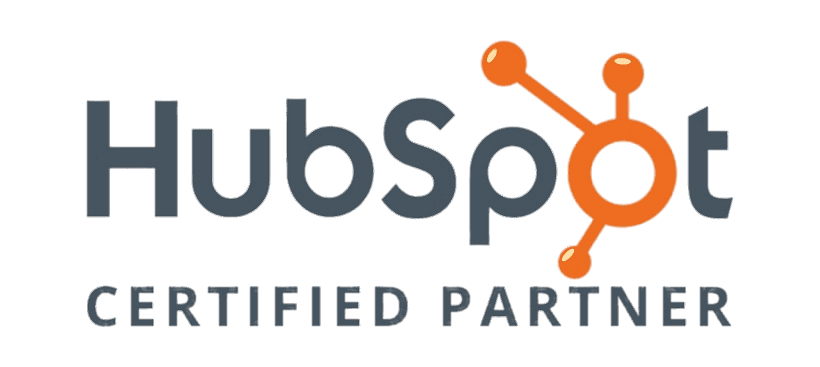The Power of Storytelling in Content Marketing Today
Storytelling is a sophisticated form of content marketing, wielding the unique power to forge connections with target audiences and effectively convey brand messages. In a world inundated with information, the narrative your business chooses to share must not only stand out but also resonate with your audience. Effective storytelling can breathe life into your brand, evoke emotions and foster connections.
When done right, storytelling can set your brand apart from the competition, carve out a unique brand voice and identity, and drive engagement within your target demographic. It has the potential to deliver memorable, shareable and impactful content, ultimately boosting brand awareness, loyalty and conversions.
The impact of storytelling on our lives
Sakshi Arora, a writer from Growth Natives, explains that our brains are wired to respond uniquely to stories. Multiple regions of our brain light up when we hear a compelling narrative, engaging with language, emotions and sensory experiences throughout our bodies. Stories help us make sense of the world, allowing us to organize information into a meaningful, easily understood narrative.
Arora also points out the involvement of neurotransmitters like dopamine and oxytocin, linked to pleasure, empathy and social bonding. When a resonant story is told, these neurotransmitters are released, generating a positive emotional response and making the story more memorable.
A well-crafted story can move your audience, offering them a fresh perspective on your product. It showcases your confidence and instills confidence in your audience. An impactful story remains etched in the minds of your audience, compelling them to return and share the significance of your product with others.
The connection with content marketing
Storytelling in content marketing is the art and science of using narrative elements—whether fictional or non-fictional characters and plots—to convey a message that indirectly promotes your product or service. Content marketing infuses your product's content with entertainment and allure, differentiating it from traditional marketing communications rooted in facts and figures.
While direct content marketing focuses on promotional messages to drive purchases, storytelling marketing centers around shared values and experiences. Storytelling is a tool used in both marketing and content marketing, but it should be wielded judiciously. The goal is to craft a narrative that leaves a lasting impact, not one that bores your audience. Overall, your aim is to narrate how your products or services can positively impact customers' lives.
The power of storytelling when used to market
Storytelling serves as a means to communicate with your target audience, aligning seamlessly with the essence of marketing—communication. It enables you to distinguish your target audience and convey why your brand matters to both your company and them. While it is essential to provide information about your product, presenting an emotional connection your business has with the product enriches the narrative.
Storytelling builds credibility and trust, demonstrating your understanding of your customers' needs and challenges. It offers a memorable medium to communicate your brand's values and mission by sharing stories that align with your core principles. A compelling narrative can inspire action, compelling the audience to engage with the product by offering an unforgettable experience. Selling your product goes beyond persuasion; storytelling allows you to demonstrate how the product has impacted you, paving the way for its impact on others.
Incorporating storytelling into your marketing strategy can be a transformative step, forging deeper connections and fostering trust within your audience. It's a potent tool in a marketer's arsenal, transcending facts and figures to create lasting impressions that resonate with your target audience.



